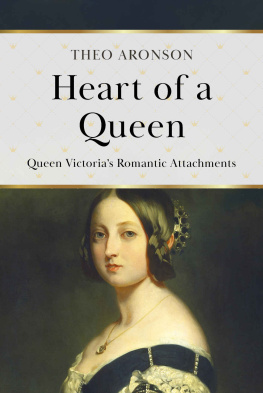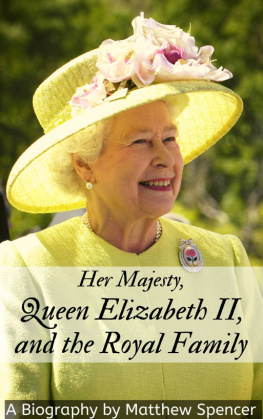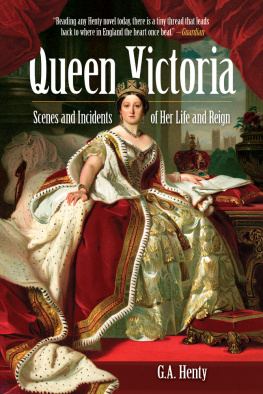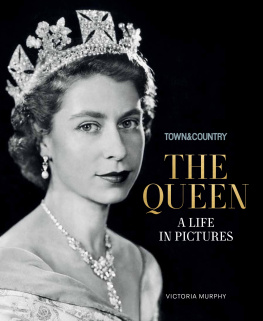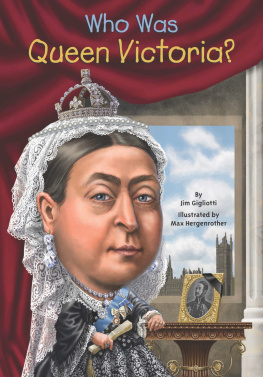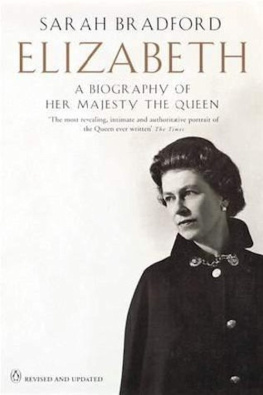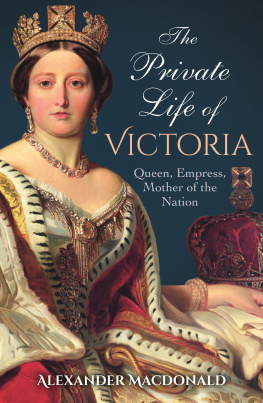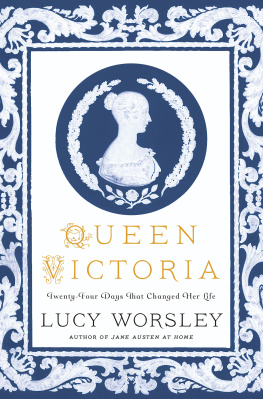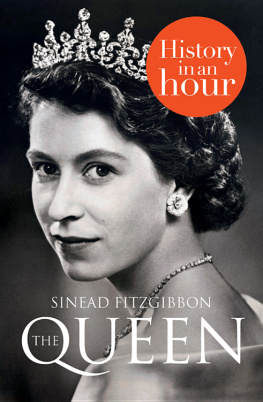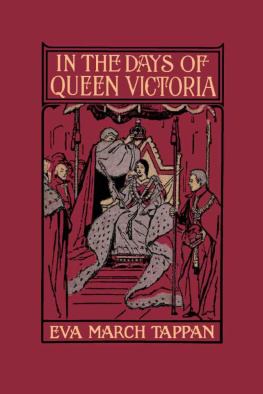CHAPTER I. SIXTY-THREE YEARS SINCE.
Table of Contents
The 24th of May, 1819, was a memorable and happy day for England, though like many such days, it was little noticed at the time. Sixty-three years since! Do many of us quite realise what England was like then; how much it differed from the England of to-day, even though some of us have lived as many years? It is worth while devoting a chapter to an attempt to recall that England.
A famous novel had for its second heading, "'Tis sixty years since." That novel"Waverley"was published anonymously just five years before 1819, and, we need not say, proved an era in literature. The sixty years behind him to which Walter Scotta man of forty-threelooked over his shoulder, carried him as far back as the landing of Prince Charlie in Moidart, and the brief romantic campaign of the '45, with the Jacobite songs which embalmed it and kept it fresh in Scotch memories.
The wounds dealt at Waterloo still throbbed and burnt on occasions in 1819. Many a scarred veteran and limping subaltern continued the heroes of remote towns and villages, or starred it at Bath or Tunbridge. The warlike fever, which had so long raged in the country, even when ruined manufacturers and starving mechanics were praying for peace or leading bread-riots, had but partially abated; because whatever wrong to trade, and misery to the poor, closed ports and war prices might have meant, the people still depended upon their armed defenders, and in the hardest adversity found the heart to share their triumphs, to illuminate cities, light bonfires, cheer lustily, and not grudge parliamentary grants to the country's protectors. The "Eagle" was caged on his rock in the ocean, to eat his heart out in less than half-a-dozen years. Still there was no saying what might happen, and the sight of a red coat and a sword remained cheeringespecially to soft hearts.
The commercial world was slowly recovering from its dire distress, but its weavers and mechanics were blazing up into fierce, futile struggle with the powers by which masses of the people believed themselves oppressed. If the men of war had no longer anything to do abroad, there was great fear that work might be found for them at home. All Europe was looking on in the expectation that England was about to follow the example of France, and indulge in a revolution on its own accountnot bloodless this time.
Rarely since the wars of the Commonwealth had high treason been so much in men's mouths as it was in Great Britain during this and the following year. Sedition smouldered and burst into flamenot in one place alone, but at every point of the compass. The mischief was not confined to a single class; it prevailed mostly among the starving operatives, but it also fired minds of quite another calibre. Rash, generous spirits in every rank became affected, especially after an encounter between the blinded, maddened mobs and the military, when dragoons and yeomanry charged with drawn swords, and women and children went down under the horses' hoofs. Great riotous meetings were dispersed by force at Manchester, Birmingham, Paisley. Political trials went on at every assize. Bands of men lay in York, Lancaster, and Warwick gaols. At Stockport Sir Charles Wolseley told a crowd armed with bludgeons that he had been in Paris at the beginning of the French Revolution, that he was the first man who made a kick at the Bastille, and that he hoped he should be present at the demolition of another Bastille.
On the 22nd of August, 1819, Sir Francis Burdett wrote to his electors at Westminster: ". It seems our fathers were not such fools as some would make us believe in opposing the establishment of a standing army and sending King William's Dutch guards out of the country. Yet would to heaven they had been Dutchmen, or Switzers, or Russians, or Hanoverians, or anything rather than Englishmen who have done such deeds. What! kill men unarmed, unresisting; and, gracious God! women too, disfigured, maimed, cut down, and trampled on by dragoons! Is this England? This a Christian landa land of freedom?"
For this, and a great deal more, Sir Francis, after a protracted trial, was sentenced to pay a fine of two thousand pounds and to be imprisoned for three months in the Marshalsea of the Court. In the Cato Street conspiracy the notorious Arthur Thistlewood and his fellow-conspirators planned to assassinate the whole of the Cabinet Ministers when they were dining at Lord Harrowby's house, in Grosvenor Square. Forgery and sheep-stealing were still punishable by death. Truly these were times of trouble in England.
In London a serious difficulty presented itself when Queen Charlotte grew old and ailing, and there was no royal lady, not merely to hold a Drawing-room, but to lend the necessary touch of dignity and decorum to the gaieties of the season. The exigency lent a new impetus to the famous balls at Almack's. An anonymous novel of the day, full of society scandal and satire, described the despotic sway of the lady patronesses, the struggles and intrigues for vouchers, and the distinguished crowd when the object was obtained. The earlier hours, alas! only gave longer time for the drinking habits of the Regency.
It is a little difficult to understand what young people did with themselves in the country when lawn-tennis and croquet were not. There was archery for the few, and a good deal more amateur gardening and walking, with field-sports, of course, for the lads.
The theatre in 1819 was more popular than it showed itself twenty years later. Every country town of any pretensions, in addition to its assembly rooms had its theatre, which reared good actors, to which provincial tours brought London stars. Genteel comedy was not past its perfection. Adaptations of the Waverley novels, with musical dramas and melodramas, drew great houses. Miss O'Neill had just retired, but Ellen Tree was making a success, and Macready was already distinguished in his profession. Still the excellence and prestige of the stage had declined incontestably since the days of Mrs. Siddons and John Kemble. Edmund Kean, though he did much for tragedy, had a short time to do it in, and was not equal in his passion of genius to the sustained majesty of the sister and brother.
In the same way, the painters' art hovered on the borders of a brilliant epoch. For Lawrence, with his courtly brush, which preferred flattery to truth and cloying suavity to noble simplicity, was not worthy to be named in the same breath with Reynolds. Raeburn came nearer, but his reputation was Scotch. Blake in his inspiration was regarded, not without reason, as a madman. Flaxman called for classic taste to appreciate him; and the fame of English art would have suffered both at home and abroad if a simple, manly lad had not quitted a Scotch manse and sailed from Leith to London, bringing with him indelible memories of the humour and the pathos of peasant life, and reproducing them with such graphic fidelity, power, and tenderness that the whole world has heard of David Wilkie.




